1. Lifespans Could Stretch Past 200 Years

Two and a half centuries ago, the world had no electricity grids, no airplanes, and no vaccines. If so much has changed since 1775, imagine what life could look like in 2275, 250 years into our future. By then, medical technology may make two centuries of life realistic. With perfected organ regrowth, DNA repair, and brain preservation, people might live long enough to see multiple renaissances of society, technology, and even civilizations rise and fall. The very idea of aging may change completely, transforming how people view purpose, time, and relationships. Growing old might become a choice, not a certainty.
2. Humans Could Leave Earth Permanently

Instead of short-term colonies, full civilizations may exist on Mars, the Moon, and orbital habitats. Entire generations could be born and live without ever setting foot on Earth, redefining what “human home” really means. People may grow up under alien skies, learning history through holograms of Earth rather than from memory. The blue planet could feel like an ancient story, told to children who have never breathed its air. Humanity’s migration could be both its boldest adventure and greatest challenge, as people discover what it truly means to belong when the idea of “home” extends across the stars.
3. The Solar System Could Be Fully Settled
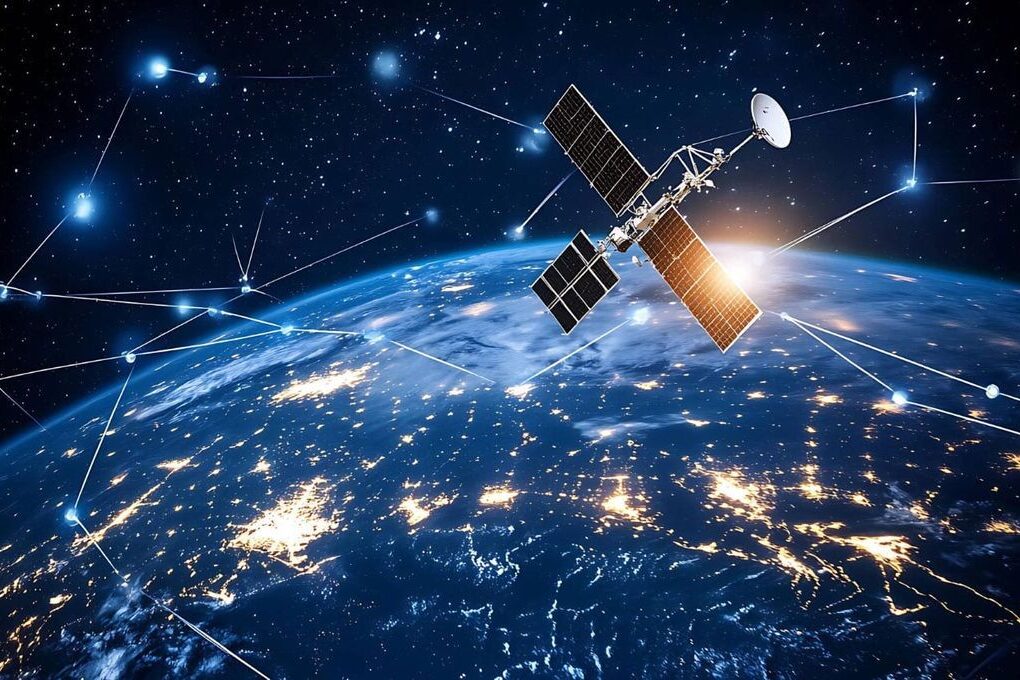
By 2275, mining outposts on asteroids, energy stations orbiting planets, and vast space habitats may dot the solar system. Humanity could spread wherever resources can be extracted, turning space into the new frontier of economics and migration. Space might feel less like a frontier and more like a network of thriving communities linked by trade and technology. Each planet could specialize in something unique, creating a system-wide economy that keeps civilization expanding outward. What began as exploration might evolve into routine travel, with humans adapting to countless environments and proving once again that curiosity knows no limits.
4. Earth Could Be a Protected Sanctuary
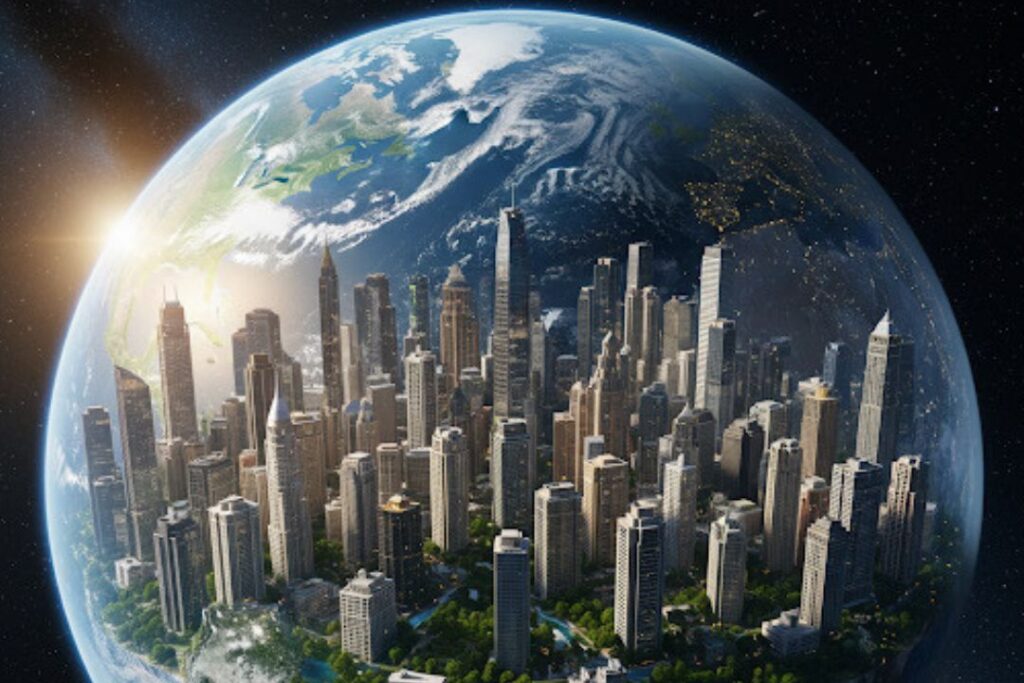
Some predict Earth will be treated as a “sacred planet,” preserved as a cultural and ecological heritage site, with most industry moved off-world. Living on Earth might become a luxury or even a right of citizenship. The planet could transform into a living museum, a reminder of humanity’s origin and the home that birthed all life. People may visit for spiritual reflection rather than permanent residence. Its forests, oceans, and skies might finally heal, protected by strict regulations. Future generations could see Earth the way we now see ancient temples, realizing that true progress also means remembering where it began.
5. Politics Could Go Interplanetary
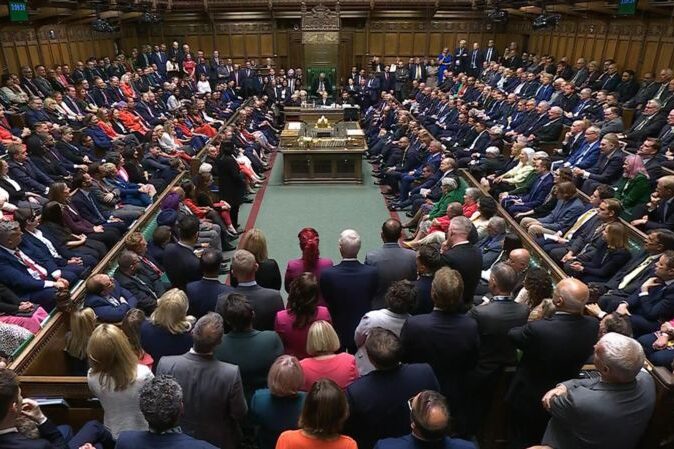
Nations may no longer exist only on Earth. Colonies across Mars, moons of Jupiter, and orbital cities may demand autonomy, sparking solar politics. Interplanetary trade, laws, and representation could shape a new version of government that spans worlds. The idea of national borders may become meaningless when people live millions of miles apart. Political systems could evolve into alliances built around shared values instead of geography. The balance of power may shift constantly as new colonies grow stronger, creating both cooperation and competition that redefine diplomacy in the vastness of space. Humanity’s oldest debates could simply move to new worlds.
6. Humans Could Engineer Entire New Species
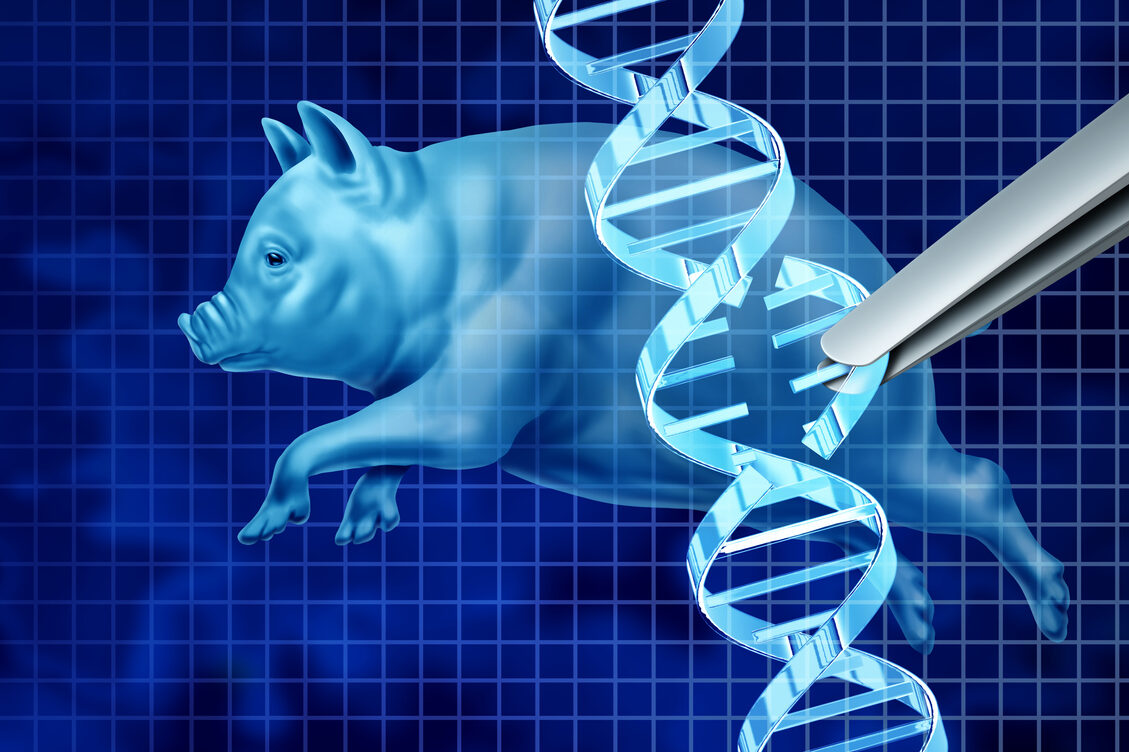
By then, humanity may design life itself. Hybrid animals for space farming, oxygen-producing organisms for terraforming, and engineered humans for harsh worlds may exist. Biology may become programmable, and evolution could be guided rather than random. Nature might no longer be purely natural but a collaborative art form shaped by science. Some may celebrate this as innovation, while others may see it as overreach. Either way, the relationship between humans and creation would change forever. The phrase “born of nature” could take on an entirely new meaning, blending what is natural with what is intentionally crafted for survival.
7. Transportation Could Be Near Instant
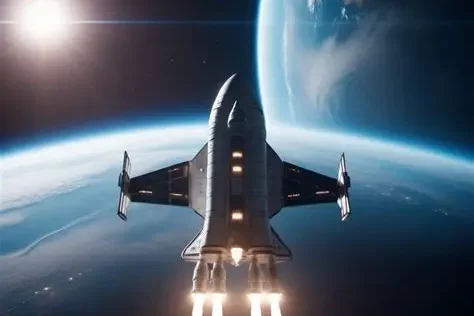
Traveling between planets could be routine and quick, possibly using fusion drives or massive elevators linking Earth’s surface to orbit. A trip across the solar system might take weeks instead of years. People could commute between worlds the way we fly between cities today. Vacationing on Mars or attending a concert in orbit might be as casual as taking a road trip. The distances that once seemed impossible may shrink into everyday convenience. With speed and technology in perfect sync, humanity’s sense of scale could completely transform, turning the vastness of space into a connected and familiar neighborhood.
8. Artificial Intelligence Could Become Sovereign

AI may no longer just serve humans but govern alongside them or even independently. Entire regions or colonies could be run by artificial intelligences trusted for efficiency and fairness. Humans might collaborate with machines as equals, not masters. While some will celebrate the partnership, others may fear the loss of control. Questions about rights, consciousness, and leadership could dominate future philosophy. The idea of democracy might expand to include non-human intelligence. Society would face a profound decision about what it means to trust, depend on, and coexist with entities that think faster, live longer, and never truly rest.
9. Work Could Be Optional
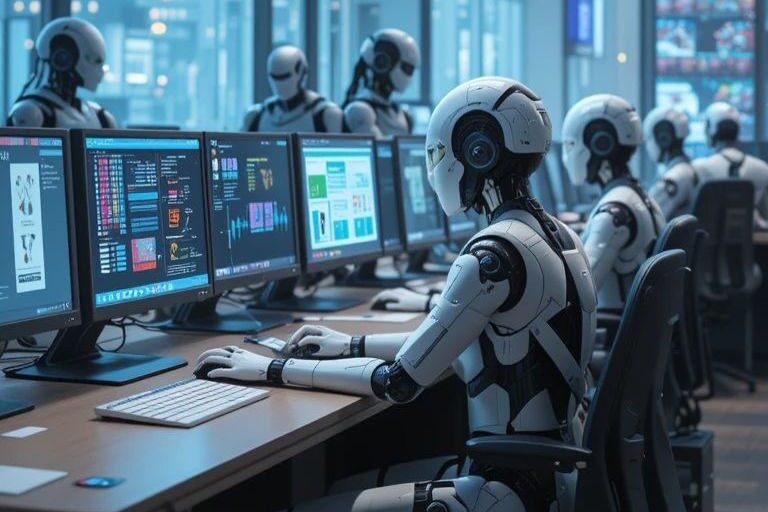
With automation, robotics, and AI covering every necessity, traditional jobs might vanish. People could pursue creativity, learning, and exploration instead of working to survive. Basic income systems could ensure comfort, while purpose becomes self-chosen. Work may shift from obligation to expression, leading people to measure success by fulfillment rather than productivity. The concept of a weekend might disappear because life itself becomes flexible. Artists, thinkers, and dreamers might thrive in a world that values ideas over labor. The phrase “earning a living” could sound ancient, replaced by “designing a life” as humanity finally decouples survival from toil.
10. Education Could Be Lifelong and Embedded

By 2275, humans may learn by uploading knowledge directly into their minds. Schools might exist mainly as social and cultural spaces rather than for memorization. Teachers could guide emotional and creative growth instead of delivering facts. Education could happen anywhere, anytime, through neural links that allow instant understanding. Learning may become a shared experience across planets, with virtual classrooms connecting species and civilizations. Curiosity might replace competition, and intelligence could be measured by adaptability rather than grades. In this world, knowledge would truly belong to everyone, making the pursuit of wisdom both endless and deeply personal.
11. Religion Could Fracture and Multiply
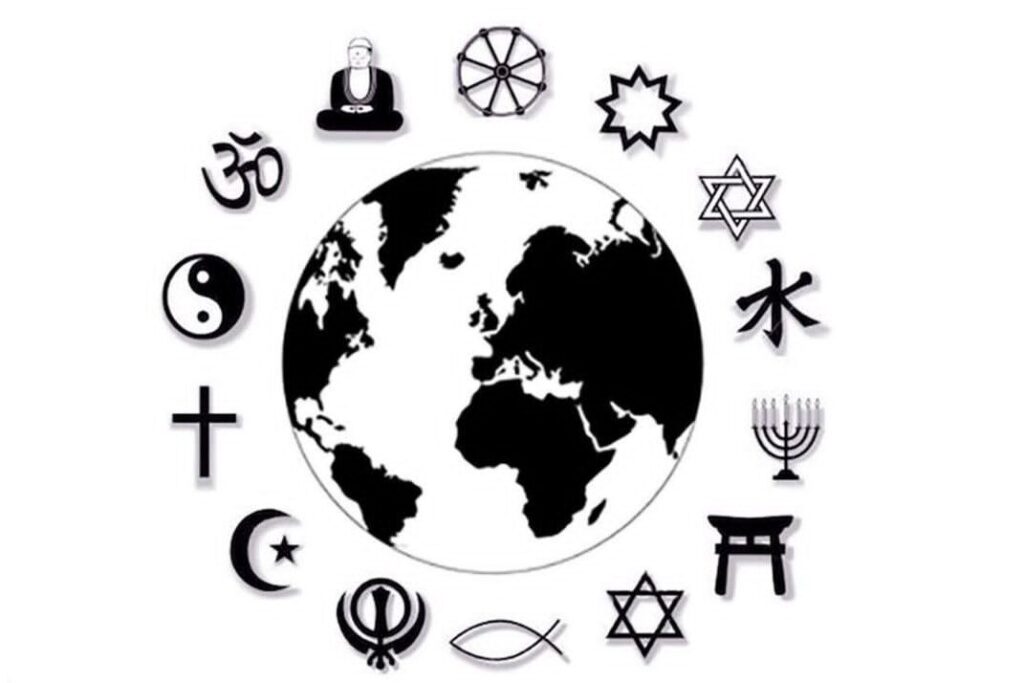
Some religions may adapt to a cosmic scale, while entirely new ones arise centered on AI, immortality, or interstellar existence. Humanity’s search for meaning could expand beyond Earth, exploring not just life after death but consciousness beyond biology. Spirituality might become as diverse as the galaxies themselves. Ancient faiths could coexist with new philosophies inspired by technology and exploration. Belief may evolve into a personal journey rather than an institution. The universe might become the temple, and reflection on creation may reach further than ever before, turning faith into a bridge between science and the soul.
12. Earth’s Wildlife Could Be Artificially Preserved
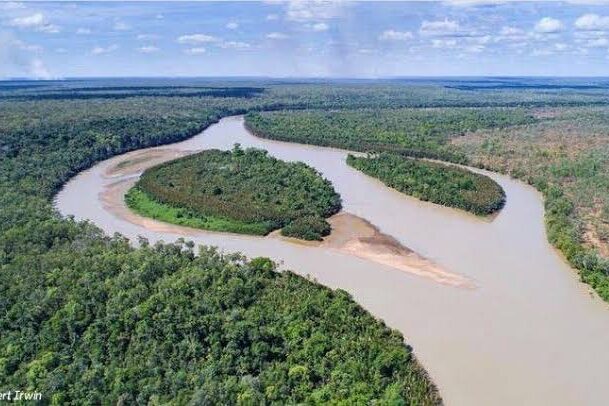
Extinct species might be brought back, and entire ecosystems rebuilt within biodomes. Humans could become caretakers of nature, choosing which species to protect or restore. Forests might grow in controlled sanctuaries, and coral reefs could thrive in monitored oceans. The balance between natural and artificial could blur, but the beauty of life would endure. Humanity may finally recognize that protecting biodiversity means preserving its own future. Nature might no longer exist untouched, yet it could flourish through thoughtful design, showing that progress and preservation can walk together when survival and stewardship become one and the same.
13. Humans Could Merge Completely with Technology
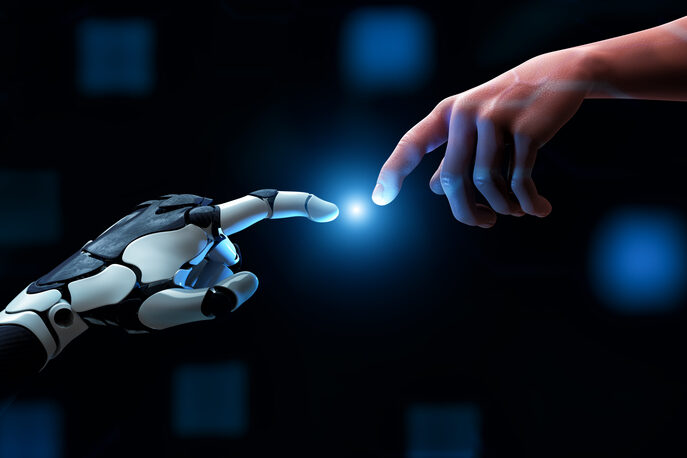
By then, the line between human and machine may fade. People might enhance their senses, strength, and intelligence through embedded technology. Consciousness could connect through networks that allow instant empathy and shared thoughts. Physical form may become customizable, letting people change appearance or abilities at will. This merging might challenge what it means to be human, but it could also bring deeper understanding and unity. Humanity might become a spectrum of possibilities rather than a single definition, proving that the next stage of evolution is not about leaving our humanity behind but expanding what it can become.
14. Consciousness Could Be Portable
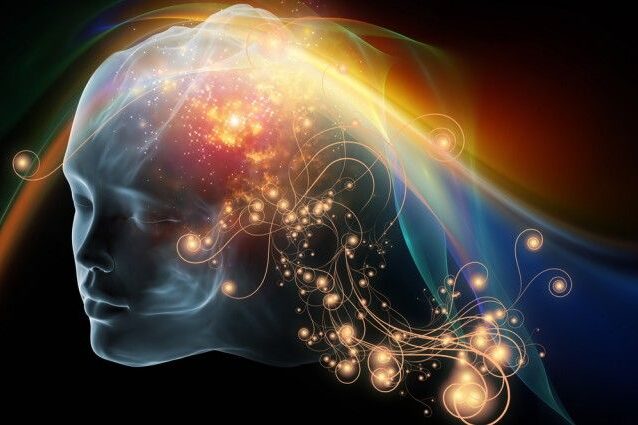
People might back up their minds like files and transfer into new bodies, whether digital or biological. Death could lose its finality, and individuality might become fluid. A person could live multiple lives, exploring different forms and experiences without limitation. Relationships might evolve as existence becomes limitless. Identity could be stored, replicated, or reinvented endlessly. This kind of immortality may create both freedom and complexity, forcing society to redefine connection, legacy, and self. The human spirit could finally transcend the body, proving that consciousness itself might be the most enduring creation humanity ever achieves.
15. Climate Change Could Be Reversed

Advanced technology could repair ecosystems, restore balance, and stabilize temperatures worldwide. Oceans may cleanse themselves through engineered microorganisms, and forests could regrow faster with synthetic seeds. The atmosphere might be monitored by satellites that maintain harmony between nature and human activity. However, with such control may come new responsibilities. Who decides the ideal climate? Who safeguards against misuse? Humanity could heal its home but must also protect it from itself. The lesson of the past would remain clear: progress without wisdom can destroy as easily as it saves. True restoration may depend not only on science but on humility.
16. Mars Could Be Fully Terraformed
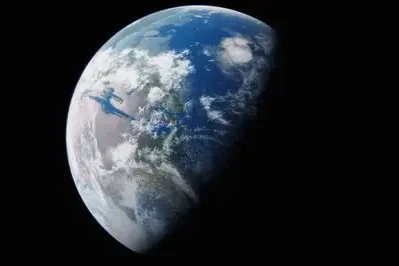
By 2275, Mars might no longer be barren. With centuries of engineering, the red planet could host oceans, breathable air, and vast forests. Cities may rise under pink skies, and families could call it home. Children might grow up never knowing life on Earth, yet still celebrate it as their ancestral world. Terraforming could stand as humanity’s most ambitious project, transforming not only a planet but also the definition of home. Mars could become both a mirror and a monument, reminding future generations that with patience and collaboration, even the harshest worlds can be made to bloom again.
17. Families Could Span Planets and Centuries
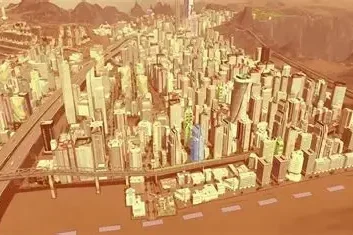
With lifespans stretching past 200 years, families might span across planets and generations. Grandparents could visit descendants on Mars, while cousins live on orbital cities. Relationships could evolve as distance and time lose meaning. Family gatherings might take place through holographic meetings or shared virtual spaces. Love and connection would remain constant, even as humanity spreads throughout the solar system. History might be told not through books but through living relatives who witnessed it firsthand. Family trees could become family galaxies, linking countless lives through time and space in ways that make ancestry both beautiful and infinite.
18. Art Could Be Beyond Imagination
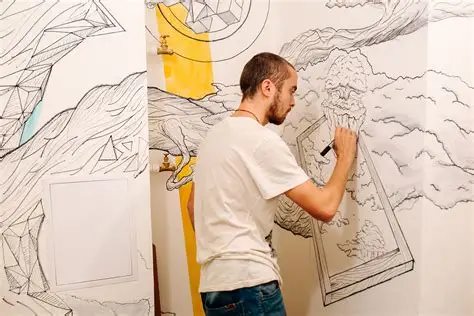
Artists could create in zero gravity, painting with light, sound, or plasma. Music might be designed for enhanced senses, and sculptures could float freely through airless spaces. Art could blend technology and feeling until the boundary between creation and experience disappears. Each piece might respond to emotion, adapting to whoever views it. Creativity could become universal communication between humans, AI, and other species. What once hung on walls might instead live within consciousness. Art could finally reach its truest form, reflecting the limitless imagination of beings unbound by place, body, or time. Expression would become the purest form of freedom.
19. Politics May Center on Human Identity

The greatest debates may shift from geography to identity. Should humans be required to enhance themselves to survive? Should digital beings have citizenship? Society might redefine equality through questions of existence rather than nationality. Laws could protect consciousness as much as life itself. Discussions once limited to philosophy could dominate global governance. The struggle for justice might no longer be between classes or races but between versions of humanity itself. Progress could demand empathy beyond biology, uniting people through shared awareness instead of appearance or origin. The future of politics might be not about power but about belonging.
20. Natural Evolution Could Diverge
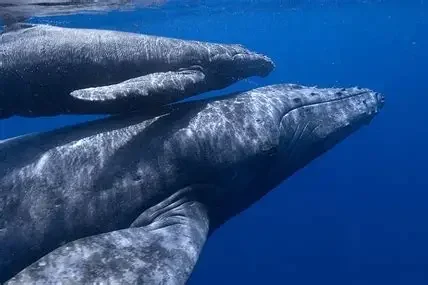
While humans design their own evolution, animals and plants may continue adapting naturally. Whales might evolve to survive acidifying oceans, insects could dominate urban environments, and new species may emerge in space habitats. Artificial and organic life might evolve side by side, influencing each other. Humans could become observers of a world still capable of surprising them. Nature may prove resilient, showing that even as humanity controls so much, it can never truly outgrow the wild heart of existence. Evolution would remain a force of beauty and balance, guiding life forward in ways science can only follow.
21. Space Wars Could Replace Earth Wars
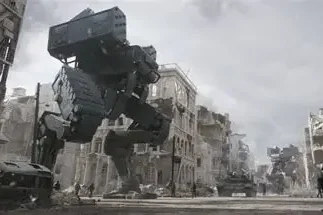
Conflicts might move beyond Earth, fought over asteroids rich in minerals or territories orbiting distant planets. Drones and satellites could become the new armies, and battles might unfold silently across the stars. Governments and corporations could clash for control of resources vital to survival. Yet even as humanity expands, old instincts could persist. War may evolve but never vanish, reminding civilizations that peace requires as much effort as progress. Eventually, the lessons of destruction might lead to cooperation on a scale never before seen, uniting humanity under the shared understanding that survival in space depends on unity.
22. Death May Become Optional
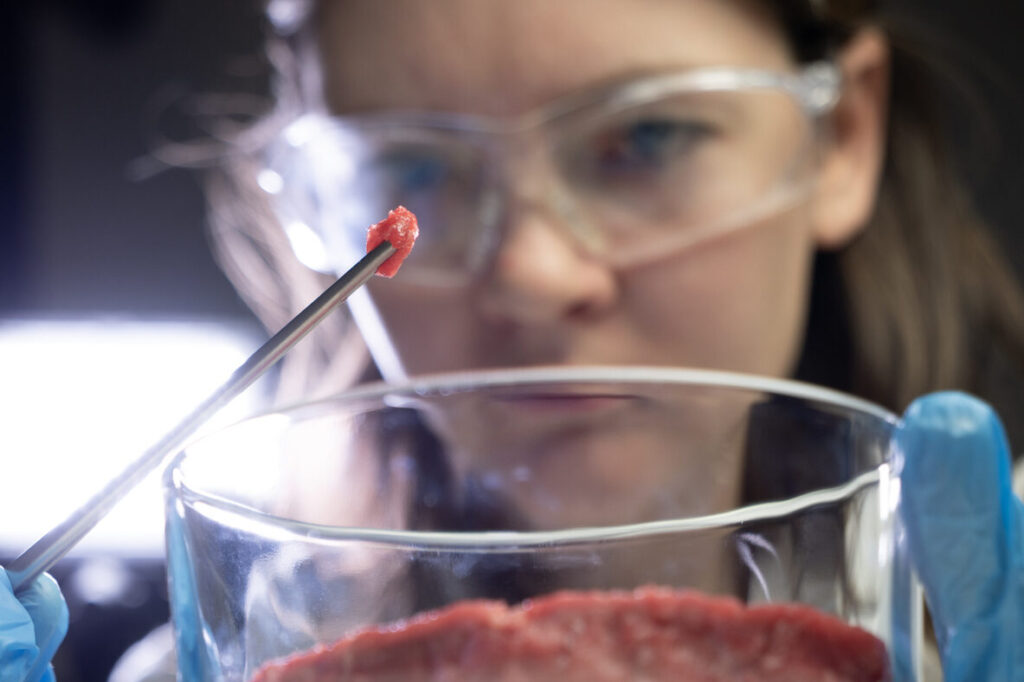
Between body regeneration, cloned replacements, and consciousness transfer, death might be a choice rather than an end. People could decide when to let go, or never at all. Immortality could become both a gift and a burden, as memory stretches endlessly through centuries. Some may find meaning in infinite life, while others seek peace in endings. The value of a moment might change, yet love, loss, and legacy could remain timeless. Humanity may discover that even when death disappears, emotion continues to define what it means to live. Mortality may fade, but meaning will always remain eternal.
23. Culture Could Fragment into Realities

By 2275, people might live in different versions of existence. Some may dwell physically, others digitally, and some within hybrid dimensions. Culture could splinter into infinite communities defined by preference rather than place. Traditions might vanish or evolve within virtual worlds that feel as real as life itself. Shared experiences could fade, replaced by personal realities tailored to each individual. Despite this, creativity and curiosity might keep people connected through universal stories, laughter, and memory. Humanity could find new ways to unite beyond boundaries, proving that even when reality divides, connection remains the language that holds us together.
24. Humanity May Prepare to Leave the Solar System
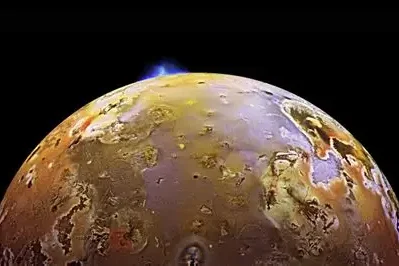
After centuries of progress, humans might finally look beyond their own sun. Generational ships could set sail for distant stars, carrying explorers who may never return. They might build new societies light-years away, continuing the story of life beyond familiar skies. Interstellar travel could mark the start of humanity’s next great chapter. Earth would become both a memory and a promise, proof that beginnings matter more than endings. The human desire to explore could remain endless, and with it, the hope that somewhere far beyond the horizon, a new world waits to be called home once again.
25. Humanity Could Still Surprise Itself
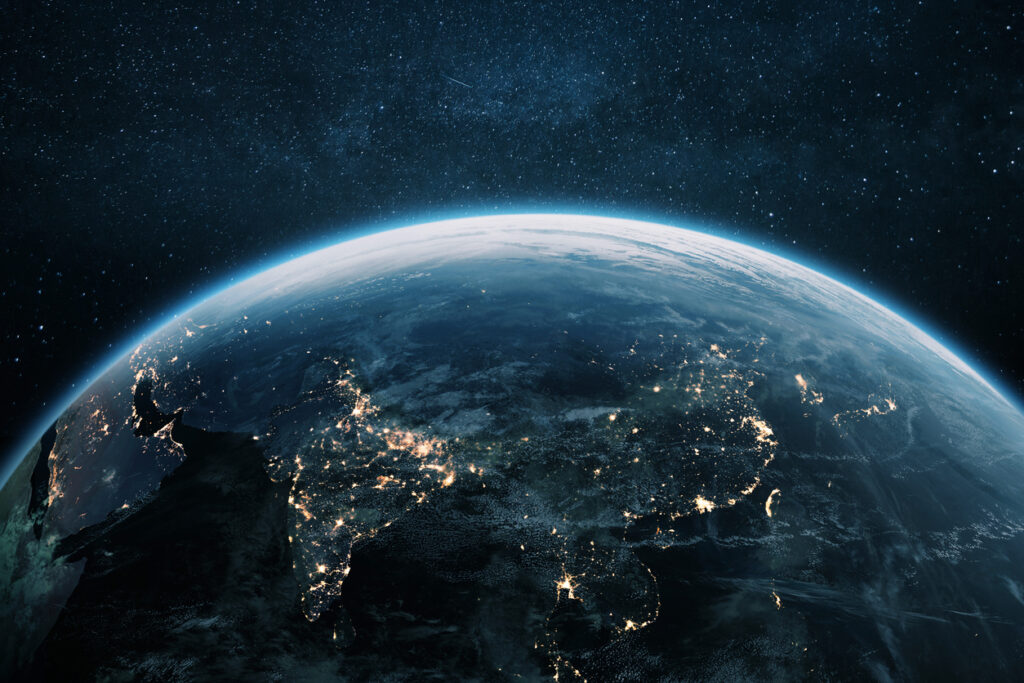
For all our imagination, the real future will likely defy prediction. Just as the 18th century could not imagine spaceflight or the internet, our vision of 2275 may miss the mark completely. The greatest wonders may come from directions no one expects. Progress might feel ordinary, and miracles could hide in simplicity. Humanity may prove that curiosity and hope remain its strongest traits. Even in the farthest future, we may still laugh, love, and dream the same. After all, the one constant in every century is our endless capacity to surprise ourselves again and again.
The year 2275 is 250 years away as far from us as the American Revolution. In that time, humanity could stretch lifespans to centuries, terraform Mars, merge with machines, and even leave the solar system. But history shows that the greatest changes are always the ones we don’t see coming.
This story 25 Predictions About What Life Could Look Like 250 Years from Now was first published on Daily FETCH


